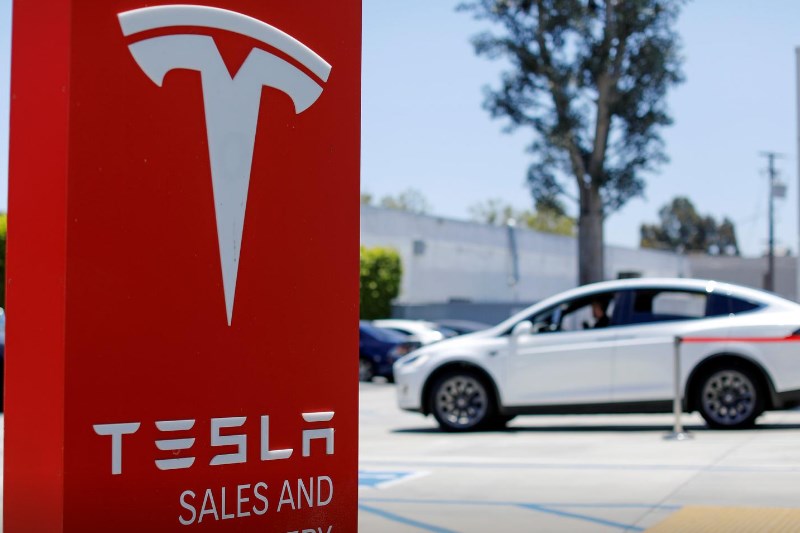HSBC has the lowest target on Tesla stock among major banks on the Street. Here’s why


HSBC analysts have lowered their target price for Tesla (NASDAQ:), setting it at $118, down from $130 per share in a note this week, the lowest among major banks.
This revised target reflects a 52% downside from Tesla’s current share price. The analysts retain a Reduce rating on the stock, emphasizing multiple challenges the company faces in the near term.
HSBC’s note underscores “mixed messages in what proved to be another tough quarter” for Tesla.
Although the company reported a 15% operating profit miss against consensus, this was partially due to $622 million in restructuring charges, considered by some as one-off costs.
Conversely, HSBC notes that regulatory credits were more than double the expected amount, raising concerns about their sustainability.
Adjusting for these factors, HSBC says Tesla’s adjusted operating profit still missed by approximately 7%, with profits down 26% year-over-year.
The primary issue lies within Tesla’s automotive segment. The analysts highlight that “an ageing model line-up and intensifying competition in a flattening BEV market” will make the second half of the year challenging.
Furthermore, the Energy Storage (ESS) business, while showing strong volume growth (up 160% year-over-year), is seen as facing pricing pressures, likely due to reductions in material costs.
Looking ahead, HSBC expresses skepticism about Tesla’s future projects, including AI, Optimus, and Dojo.
The analysts note that the upcoming Robotaxi event on October 10 could showcase Tesla’s future potential, but they question the timing and commercial viability of these ventures.
They state, “the future may hold promise, but we think it remains extremely uncertain.”
HSBC’s reduced target price is based on a 50:50-weighted DCF and peer multiples-based valuation, reflecting ongoing challenges in EV sales, model ageing, and competitive pressures.
The bank maintains that while future projects could drive growth, the timeline for their market impact remains uncertain, making the electric vehicle giant’s current valuation appear overly optimistic.





